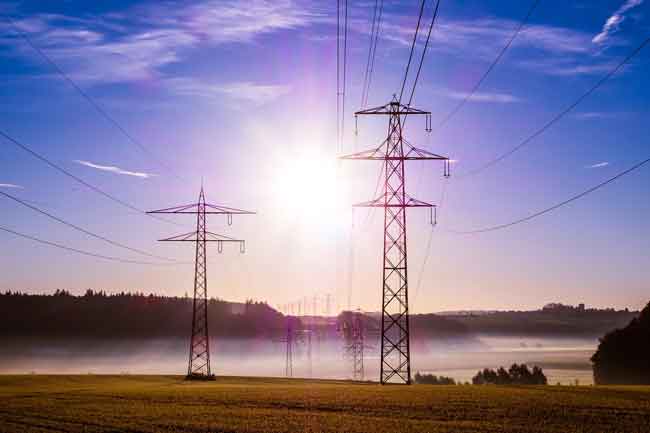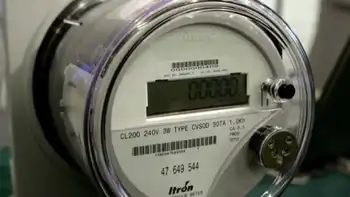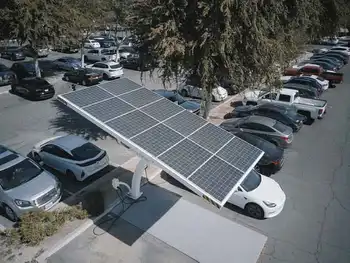Dutch Nuon to sell power supply contract to Eneco
Nuon said in a statement that it no longer needed the contract, signed in 2001, after it bought 3,500 megawatts of power capacity last year by acquiring the European unit of U.S. power company Reliant Resources.
Nuon, one of the two biggest Dutch power utilities, said that as a result of the supply contract sell-off it would seek a reduction in the power capacity it planned to auction in September to 200 MW from 900 MW.
The so-called "virtual power auction" was a condition imposed on Nuon by Dutch competition watchdog NMa for its approval of the utility's takeover of Reliant Energy Europe to prevent Nuon becoming too powerful in the local market.
"In view of the proposed sale of the supply contract, it is anticipated Nuon will auction most likely 200 MW or more instead of 900 MW, to be decided in consultation with the NMa," Nuon's statement said.
A Nuon spokesman said the company was still waiting for the NMa's decision on the auction capacity reduction.
The newly built Intergen plant, which is expected to launch commercial operations in the coming months, was due to deliver electricity for Nuon's auction.
The spokesman said Nuon's Reliant plants, which it acquired as part of a strategy to resume electricity production after selling its power stations in 1999, would now supply the power for the auction.
In 2001, Nuon signed the 15-year contract with power producer Intergen, owned by Royal Dutch/Shell and U.S. construction giant Bechtel, to buy the entire electricity and heat power output of the new gas-fired cogeneration plant.
The supply contract sale to Eneco, the third-largest Dutch power utility, has yet to be approved by the NMa and Intergen, the statement said. It did not disclose financial details of the deal.
Both Eneco and Nuon are owned by local authorities and municipalities.
Related News

PG&E Rates Set to Stabilize in 2025
CALIFORNIA - Pacific Gas and Electric (PG&E) is expected to implement a series of rate hikes that will significantly impact California residents. These increases, while substantial, are anticipated to be followed by a period of stabilization in 2025, offering a sense of relief to customers facing rising costs.
PG&E, one of the largest utility providers in the state, announced that its 2024 rate hikes are part of efforts to address increasing operational costs, including those related to wildfire safety, infrastructure upgrades, and regulatory requirements. As California continues to face climate-related challenges like wildfires, utilities like PG&E are being forced to…





